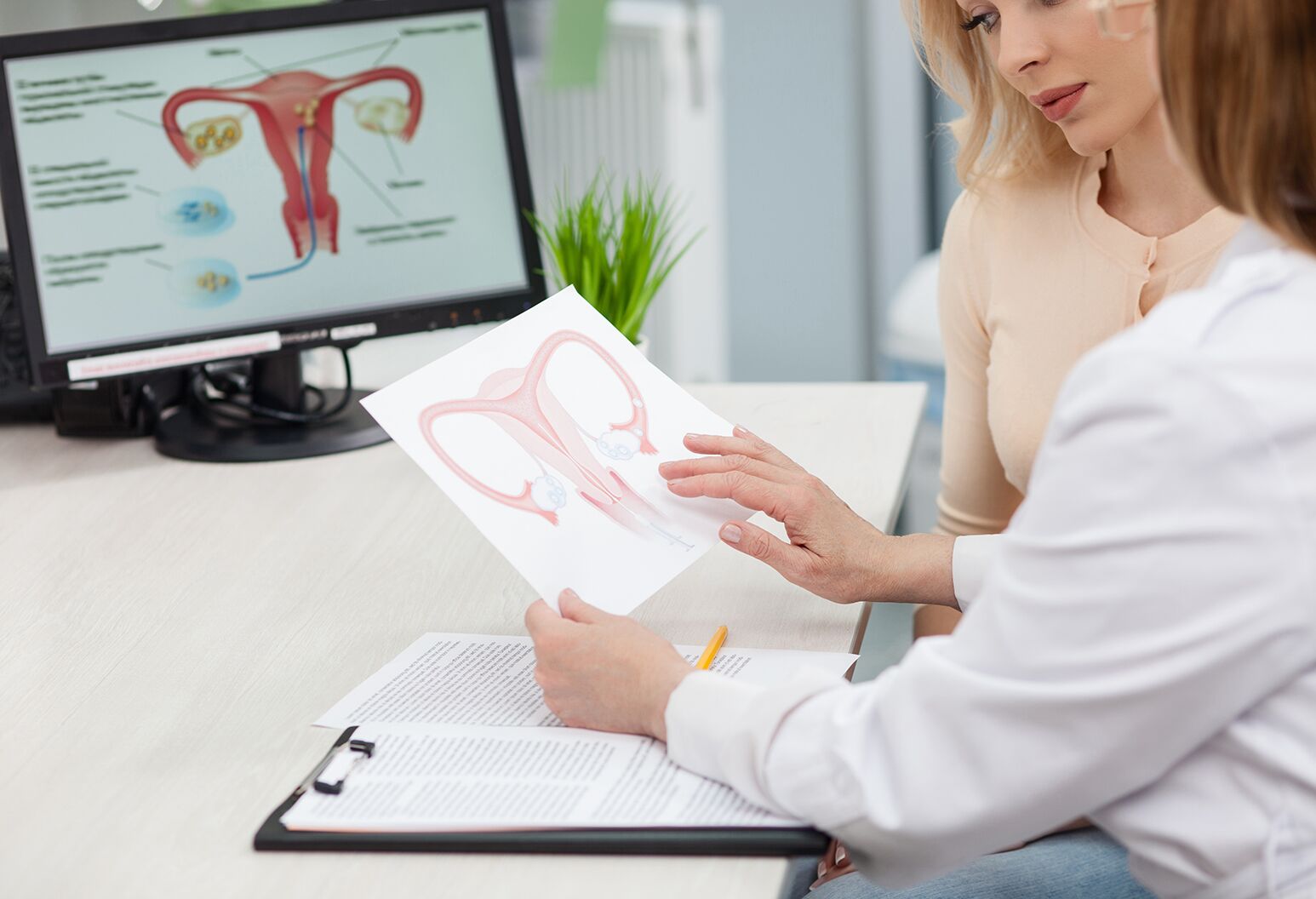fertility
Male Infertility: What You Should Know

A fertility specialist explains the differences between egg and embryo freezing, and why timing matters for future family planning.
3 min read
Freezing eggs and embryos offer incredible opportunities to preserve fertility, and each comes with its own distinct processes, advantages, and considerations.
Your ultimate decision to freeze either eggs or embryos will be shaped by your unique goals and circumstances. If you’re single or undecided, egg freezing keeps your options open, preserving the ability to choose a future partner. If you’re in a committed partnership, embryo freezing gives you the option of seeking additional insight into the genetic viability of your future family. And if you’re planning a large family, preserving more eggs or embryos early on may increase your chances of achieving those goals down the road.
Here’s what you need to know to navigate this choice with confidence and clarity.
Egg freezing, also known as oocyte cryopreservation, allows you to freeze unfertilized eggs, keeping your options open for the future. This is an excellent choice for individuals who aren’t ready to decide on a partner or sperm donor but want to safeguard their fertility. Egg freezing doesn’t guarantee future success, but it provides a safety net.
By providing your email address, you agree to receive email communication from The Well.
The egg freezing process:
Embryo freezing involves fertilizing eggs with sperm to create embryos, which are then frozen for later use. This process is ideal for those who are ready to commit to a specific partner or sperm donor and want more insight into genetic viability.
The embryo freezing process:
Age is the most significant factor when it comes to fertility preservation, as the quantity and quality of a woman’s eggs will decline with age. Frozen eggs and embryos retain the quality of the age at which they were frozen, not the age at which they’re used. For instance, if you freeze eggs at 32 but use them at 40, they’ll still behave like 32-year-old eggs. This makes early preservation critical for those anticipating delayed parenthood.
For optimal results, I recommend doing egg freezing at or before the age of 34 for maximum efficiency. However, even women in their later 30s or early 40s can have success with egg freezing.
With embryo freezing, there are higher success rates if completed at an earlier age as well, as younger eggs produce higher-quality embryos.
For individuals under 35, freezing about 20 eggs offers roughly a 90% chance of achieving at least one live birth in the future. With genetically tested embryos, there’s about a 60% success rate per transfer. But comparing eggs and embryos isn’t straightforward. Embryos undergo more steps, from fertilization to genetic testing, which provides a clearer picture of their viability.
Ultimately, the decision between egg and embryo freezing depends on your personal circumstances. Consulting with a fertility specialist can help you weigh the pros and cons based on your medical history, relationship status, and aspirations. The right choice is the one that aligns with your vision for the future.
The Well is Northwell Health’s commitment to the future of health care. In this time of information overabundance, much of which is inaccurate, unhelpful, or even difficult to understand, Northwell Health is on a mission to make a difference as an honest, trusted, and caring partner. The site connects with consumers to provide them with personalized content that reduces their stress, makes them laugh, and ultimately feel more confident and capable on their healthcare journey.